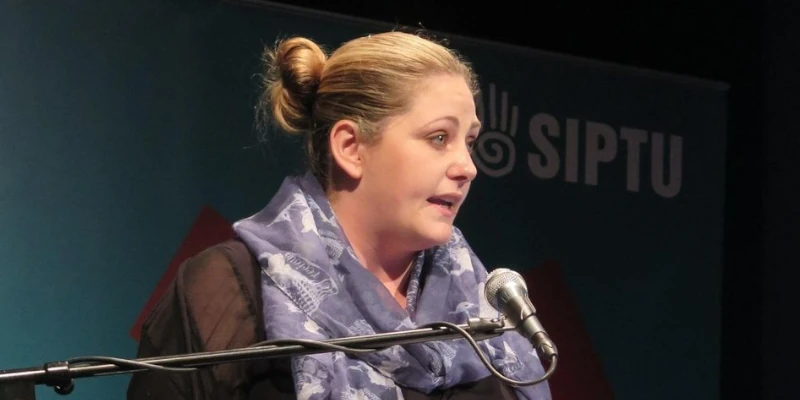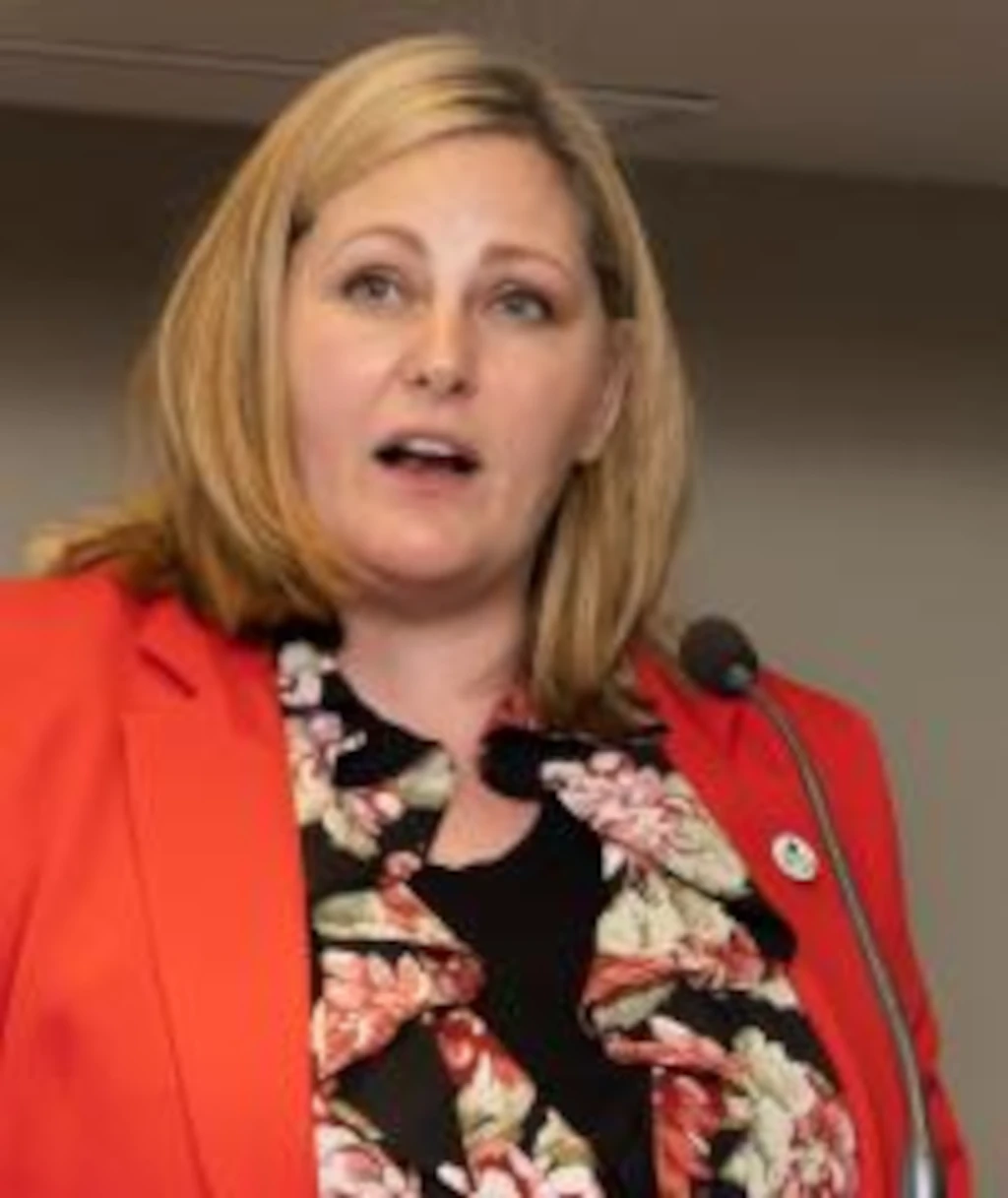Standing Up for Researchers: A Conversation with Miriam Hamilton, Deputy General Secretary of IFUT

Meet Miriam Hamilton, Deputy General Secretary of the Irish Federation of University Teachers (IFUT), who brings a wealth of experience from representing workers across health, retail, manufacturing, and beyond. Miriam joined IFUT during the COVID-19 lockdown, stepping into the world of higher education determined to make a difference for staff and researchers alike.
“I wanted to bring a fresh perspective,” she shares. “To grow the union into a strong and visible force for workers in higher education.”
As Deputy General Secretary, Miriam coordinates IFUT’s industrial relations strategy and represents the union at European and national levels. Her work includes advocating for fair policies on research funding, working conditions, and job security — issues close to every researcher’s heart.
 Photo: Miriam Hamilton
Photo: Miriam Hamilton
UCC researchers, she explains, face unique challenges: individualised contracts, uncertainty about employment rights, and widespread precarity. Many researchers aren’t aware of their entitlements, such as the right to claim a Contract of Indefinite Duration (CID) after four years’ service — something IFUT has worked tirelessly to secure for more and more members.
“There’s a culture of acceptance around precarious work that needs to change,” says Miriam. “We’re seeing real success in UCC, not because the environment has changed, but because awareness among researchers has.”
Through IFUT’s work, members receive vital individual support, collective representation via active branch committees like UCC’s, and sector-wide advocacy. IFUT is tackling issues such as the inappropriate use of fixed-term contracts, the lack of research career frameworks, and ensuring salary progression reflects experience — so researchers aren’t forced to start on the lowest pay point every time they move between projects.
The IFUT Researchers Sub-Committee has evolved into the Precarious Employment Campaign Steering Group, keeping a laser focus on job security for researchers and hourly-paid staff. IFUT also works closely with the Irish Research Staff Association (RSA), sharing expertise to advance both employment rights and research policy.
Beyond negotiations and campaigns, Miriam highlights a less obvious but equally important benefit of IFUT membership: solidarity.
“Some members have told me they find a sense of collegiality within IFUT that’s missing elsewhere,” she says. “Sharing best practice, learning from each other, and rolling out progressive agreements across institutions — that’s the power of collective action.”
Yet she acknowledges challenges remain: “Trade union membership among researchers is the lowest in higher education. I understand why — lack of job security, fear, constant mobility — but strong unions are the only way we can challenge poor employment practices.”
Miriam’s message is clear: “I would just encourage people to get involved in the RSA, to get involved with the UCC branch committee, to get involved in the union.“
UCCRSA tends to align closely with IFUT given our shared priorities. In fact UCCRSA have signed an MOU with IFUT to strengthen this partnership. Finally, UCCRSA would like to wish Miriam every success in her role as Deputy General Secretary of IFUT.
UCC Research Staff Association
Contact us
C/O Hydraulics and Maritime Research Centre, Pouladuff Rd, Togher (UCC Internal)
